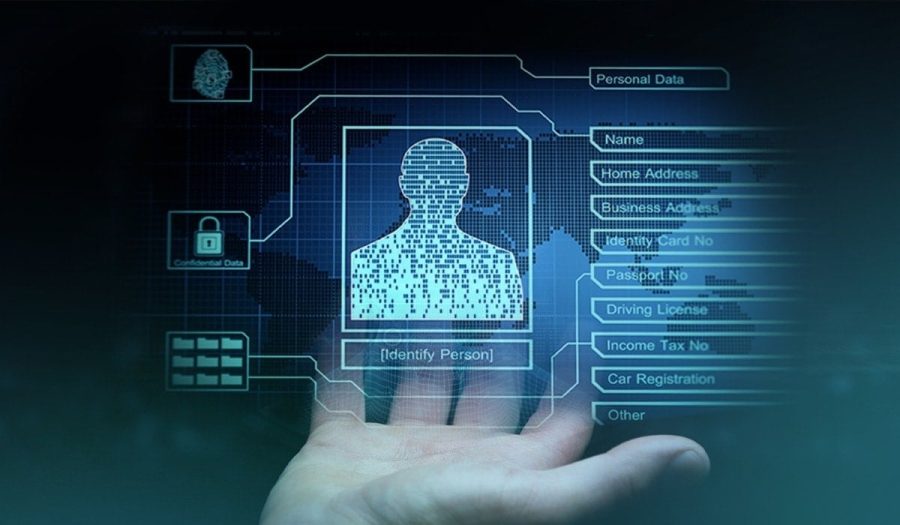Beginning
In today’s Internet era, people move through the digital world via cell phones, computers, and other terminals, and everyone’s identity in the digital world is different. Identity construction in the digital world is a complex and multifaceted phenomenon, which is influenced by the unique ways in which individuals engage in online interactions. Due to the uniqueness of the digital environment, such as anonymity, pseudonymity, the potential for wide dissemination, and the malleability of online personas, this process differs significantly from the process of identity formation in the physical world.
Navigating Identity in the Digital Tapestry
In the sprawling digital tapestry where global cultures collide and individuality echoes, the art of identity construction has transcended traditional norms. Our digital personas are now intricately woven into our lives, often reflecting and at times, shaping our ŌĆśrealŌĆÖ selves. This new frontier compels us to understand how we create and perceive identity within the digital ecosystem.
Anonymity: A Double-Edged Sword

The cloak of anonymity online provides a powerful vessel for self-expression. Platforms such as Reddit and 4chan have built their communities on this premise, allowing individuals to share thoughts free from the shackles of offline prejudice or stigma. This anonymity, however, also opens floodgates for less savory behavior, including trolling and cyberbullying, challenging the ethics of digital interactions.
Social Media: The Highlight Reel
Social media presents a stage where we often broadcast an idealized version of our lives. A study by Chou and Edge (2012) confirms the ‘Facebook effect’, where our perception of others’ happiness is magnified on social media, often skewing our own sense of self-worth. This digital performance can be both empowering and oppressive, as the line between authenticity and artifice blurs.

The Digital Footprint: Permanence in Pixels
Every tweet, post, or photo contributes to a digital footprint that can be nearly impossible to erase. The right to be forgotten, as discussed in legal and ethical debates, highlights the tension between the permanence of online actions and the human desire for growth and change.

Conclusion
As we forge our identities within the digital cosmos, the key lies in mindful self-construction. The virtual world is a canvas for self-creation, but it also requires us to navigate the complexities of privacy, permanence, and the multifaceted self. We must be diligent in understanding the repercussions of our digital choices, all while embracing the freedom and connectivity that the online world offers.
The crafting of our digital identities is ongoing, a continuous interplay between who we are and who we wish to be. In this dance of pixels and possibilities, let us strive to be authentic architects of our virtual selves.
Sources:
Turkle, S. (1995). Life on the Screen: Identity in the Age of the Internet. Simon & Schuster.
Chou, H. T. G., & Edge, N. (2012). “They are happier and having better lives than I am”: The impact of using Facebook on perceptions of others’ lives. Cyberpsychology, Behavior, and Social Networking, 15(2), 117-121.
Sunstein, C. R. (2007). Republic.com 2.0. Princeton University Press.


This article explores digital identity construction, emphasizing its impact in the Internet era. The author conducts a comprehensive analysis, discussing anonymity, social media influence, and digital footprints. Citing Chou and Edge’s research, the “Facebook effect” on social media is illustrated, highlighting potential value distortions through digital performances.
The author delves into the dual-edged nature of anonymity, recognizing its platform for free expression and the risks of negative behaviors, adding resonance to the article. The concept of permanent digital footprints is introduced, emphasizing the conflict between online behavior persistence and the right to be forgotten, leading to reflections on moral and legal issues.
The conclusion advocates for conscious self-construction, using the virtual world as a canvas. In the digital universe, the article suggests considering the impact of digital choices on identity, urging thoughtful reflection and careful shaping. Supported by referenced studies, it thoroughly analyzes digital identity complexity, providing a profound understanding. In the digital age, shaping identities in the digital world requires thoughtful reflection.